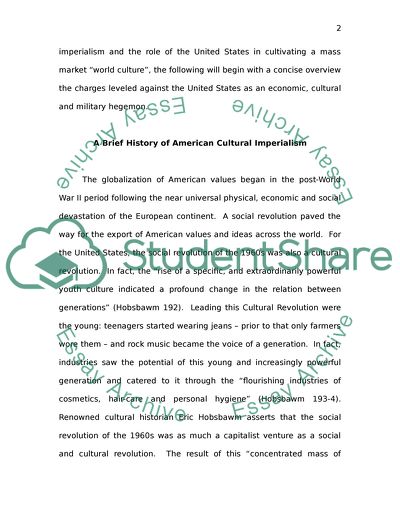Cite this document
(“To what extent is the U.S.A. still the Child of Europe Essay”, n.d.)
To what extent is the U.S.A. still the Child of Europe Essay. Retrieved from https://studentshare.org/miscellaneous/1558040-to-what-extent-is-the-usa-still-the-child-of-europe
To what extent is the U.S.A. still the Child of Europe Essay. Retrieved from https://studentshare.org/miscellaneous/1558040-to-what-extent-is-the-usa-still-the-child-of-europe
(To What Extent Is the U.S.A. Still the Child of Europe Essay)
To What Extent Is the U.S.A. Still the Child of Europe Essay. https://studentshare.org/miscellaneous/1558040-to-what-extent-is-the-usa-still-the-child-of-europe.
To What Extent Is the U.S.A. Still the Child of Europe Essay. https://studentshare.org/miscellaneous/1558040-to-what-extent-is-the-usa-still-the-child-of-europe.
“To What Extent Is the U.S.A. Still the Child of Europe Essay”, n.d. https://studentshare.org/miscellaneous/1558040-to-what-extent-is-the-usa-still-the-child-of-europe.


